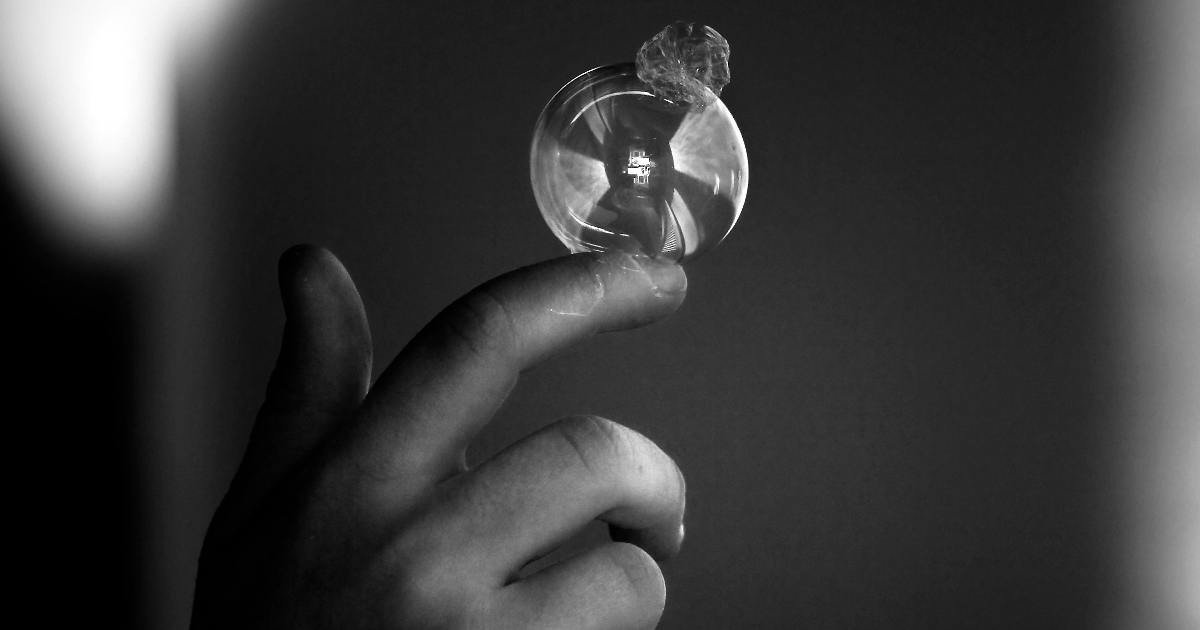“I don’t have to chase extraordinary moments to find happiness – it’s right in front of me if I’m paying attention and practicing gratitude.” Brene Brown
“The highest ecstasy is attention at its fullest.” Simone Weil
“The way we experience the world around us is a direct reflection of the world within us.” Gabrielle Bernstein
“Without reflection, we go blindly on our way.” Margaret Wheatley
Ezra Klein recently wrote a brilliant column in the NYT concerning social media’s emphasis on capturing attention rather than deepening it. “These platforms are built to encourage us to speak rather than to help us listen or think.” I highly recommend you read it: https://www.nytimes.com/2022/12/11/opinion/what-twitter-can-learn-from-quakers.html
For me, the column raised two of the most important questions for us to be living in: 1) What people, thoughts, ideas, and activities consume most of our attention?, and 2) How deeply do we reflect on the people, ideas and issues that are most important to us? In this post, I will argue that attending more fully and reflecting more deeply need to become priorities in our lives.
First, let me introduce a twist. I’ve been reading a lot about AI and Chat GPT lately. So, as an experiment, I went to the site and asked the question, Why are attention and reflection important? Here’s the AI answer:
“Attention and reflection are important because they help us to be more mindful and aware of our thoughts, feelings, and actions. Attention is the ability to focus on a particular stimulus or task, while reflection is the process of thinking about and examining something carefully. Together, these two skills can help us to become more self-aware and introspective, and to better understand our own thoughts and behaviors. This can be especially beneficial when it comes to managing emotions, making decisions, and interacting with others. By paying attention to our thoughts and feelings and reflecting on them, we can become more in tune with our own needs and values, and better able to respond to the world around us in a thoughtful and meaningful way.”
Now, as you read this post, you can ask the question, “Did Rick add anything significant to what an inhuman piece of software generated?” Frankly, I’m frightened what your answer might be. This post could be titled, Rick vs. Robot? Your choice. Here’s my version – written before I went to Chat GPT.
Attention can be interpersonal and intrapersonal. When we attend fully to another person, we are completely present in that moment. No distractions. No judgments. No assumptions. We bring all of us to the encounter. We can also attend to another person by creating a context in which the person feels safe and appreciated. We can make sure there is something in the environment in which we are meeting that reflects that person’s interests or values. All of these behaviors and preparations send a signal to the person that we care about who they are. We are paying attention.
We can attend to ourselves by noticing how much time and energy we are investing in our physical, emotional, intellectual, and spiritual development. How much of our time do we spend exercising and/or tending to our bodily needs? How much of our time do we spend with friends and family and/or engaging in activities that feed our social needs? How much of our time do we spend reading, writing and/or developing our cognitive functioning? How much of our time do we spend meditating, harmonizing, and/or nurturing our souls? The percentage of time allocated to each dimension tells us if we are living a balanced life . . . . or not.
Reflection can apply to all those dimensions of our lives as well. Reflecting enables us to dig in deeply. It’s a process of giving serious thought or consideration to a question or issue. Instead of skimming a broad range of superficial issues, we focus intentionally and intensively on a few priorities. In a recent post, I discussed the importance of setting priorities and focusing on them in spite of the noise from the news media, social media, and personal concerns. I suggested that as a global village, we needed to focus on climate change, authoritarianism, disease, extremism, racism, education, foreign wars, population growth and economic issues. It seems to me that if we could pay attention to and reflect on those priorities, the world would have a chance of surviving.
None of us has the individual bandwidth or the expertise to solve all of those problems one at a time – much less simultaneously. Success depends on tapping the collective intelligence and will of millions, if not billions, of people. As individuals, however, we need to be aware of what we are trying to take on in our own life. How many balls are we juggling? How many activities are we trying to cram into a day? How are we investing the time we have on earth to attend to global issues AND personal issues?
Fully paying attention requires us to explore the breadth of our commitments; reflection requires us to analyze the depth of our analysis. To me, it feels like we have gone overboard on breadth and, therefore, we have found the only way to survive is to stay in shallow waters. At least we won’t drown.
Brene Brown and Simone Weil agree that happiness and ecstasy comes from fully paying attention to what’s right in front of us. And Margaret Wheatly suggests that without reflection, we go blindly on our way. For me, Gabrielle Bernstein’s quote raises the question of how our experience of the world reflects what’s going on within us. It’s hard to know what’s going on within us when we are distracted by so much noise and conflicting demands. And, if what is going on inside us is chaos, then we will probably experience the world as chaotic.
It’s not surprising that we find it increasingly difficult to experience a sense of calm clarity when social media platforms use every algorithmic trick in their ever-increasing repertoire to stir us up through outrage or sensationalism. The business model for social media platforms is to maximize attention and minimize reflection. They make money on “likes” not on “rigor.”
What I have found to be helpful in sharpening my attention and deepening my reflection is a combination of meditation, reading, and writing. Meditation helps me get centered and brings me to a fuller sense of presence in the moment. I clear my thoughts and feelings so that I am more open to new ideas and insights. After 30 minutes of deep breathing, I feel calm and clear instead of chaotic and confused.
Reading always brings me new revelations about the world and the varied experiences people have in it. Reading gives me a deeper appreciation for different experiences. It opens me up to entirely different worlds I may not have previously understood. For example, I just read Demon Copperhead by Barbara Kingsolver. It tells the story of a young man in rural Virginia who was victimized by the foster care system after both his parents died. The book gave he a whole new insight into Social Services and how kids survive the system . . . or not.
Writing helps me crystalize my thoughts and clarify my feelings. To put words to paper (or computer) makes me think about how best to express an idea. Posting frequently on this blog gives me a way to reflect on what’s most important to me and forces me to reflect deeply on one idea or issue at a time. Thank you for your indulgence.
In my work with organizations, I often encounter mission creep – the tendency to keep broadening the portfolio of products and services the organization offers. I encourage them to set priorities to be mindful of how they manage their time and to reflect deeply on the questions they are living in. There are always more demands in our life than we can attend to. We have to make choices unless we are willing to miss life while we are living it.
I’m hoping we can all be a bit more conscious not only about what we are paying attention to, but also to whom we are giving our attention. And I’m also hoping that once we decide to what and to whom we want to pay attention, we can reflect more deeply about the meaning of what’s happening in those moments so that we don’t go blindly on our way and miss out on the love and beauty that may be right in front of us. May it be so.
Ok, here’s the scary test. Now that you have read and compared the content of my post with the content generated by a robot, did you find any added value? Your answer has implications that could be truly alarming and humiliating.
Also published on Medium.

![The Library of Congress Hughey Gold [child with football]](https://rickbellingham.com/wp-content/uploads/2018/12/hugheygoldfb-2.jpg)


well done lad-thank you!